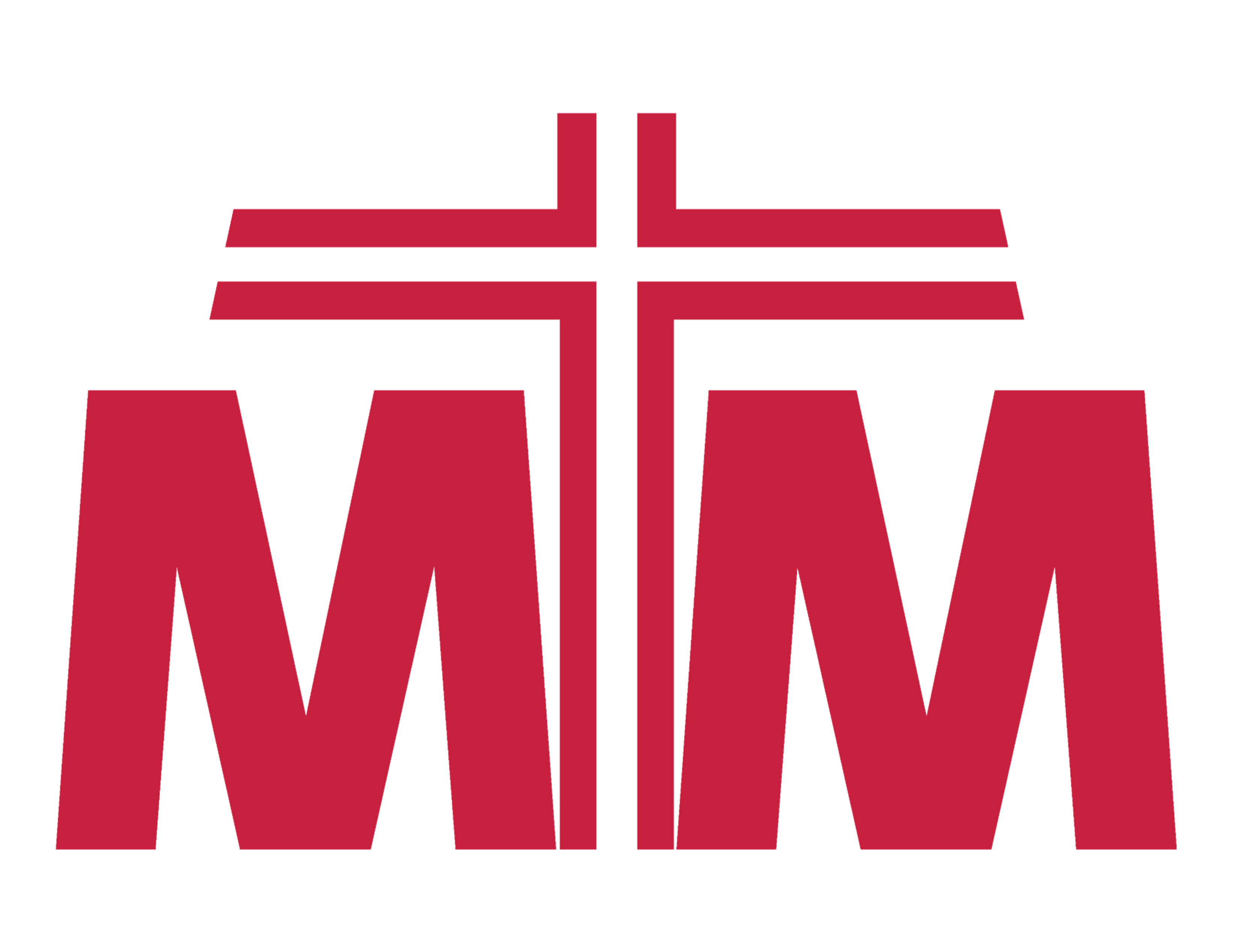To assist you with making an informed choice about moving to a senior living community, check out the resources below.
Helpful Guides
Life Plan Community Guide
Morningside Ministries is a CCRC (also known as a Life Plan) community. Learn about this lifestyle model in this downloadable link.
Life Plan Features
Learn all the features and perks that come with our Life Plan and see the changes it can have on you and your family’s life.
Senior Living Terminology
Assisted living is a form of senior living that provides a higher level of care than what is available in an independent living community, such as daily supervision, personalized care plans, and health care assistance.
A CCRC (also known as a Life Plan community) provides various levels of care for older adults, including Independent Living, Assisted Living and Skilled Nursing services. A CCRC also offers amenities such as life enrichment activities for residents. As residents’ health and care needs change, they may transition from one level of care to another.
The initial entry fee to reside at a senior living community serves as an upfront payment that pre-pays a portion of the expenses associated with providing lifelong access to care and helps offset operational costs.
Delivering medical and nursing services within the individual’s own residence by a licensed provider is known as home healthcare. Medicare can potentially cover these services if they align with specific criteria related to a recent hospitalization.
Hospice care is designed to improve the quality of life for individuals nearing the end of life. It offers a range of supportive services, including physical, social, and spiritual care, to both terminally ill patients and their families. Hospice does not cover room and board in a skilled nursing facility.
Independent living refers to a variety of residential options within a senior living community that afford older adults the opportunity to live on their own while enjoying amenities and participating in community activities.
Also known as a Continuing Care Retirement Community (see definition above).
Long-term care refers to a range of services and support provided to older adults in senior living facilities who have experienced a partial or complete loss of their ability to function independently. Services may include assistance with daily living activities such as bathing, dressing, grooming, eating, and taking medication, and may extend to more specialized medical care, as needed, with the goal to maintain quality of life for seniors while addressing their healthcare needs as they age.
Memory care is a type of care that provides comprehensive care and support for individuals living with memory-related conditions, primarily Alzheimer’s disease and other forms of dementia and memory impairments.
Medicaid is a government-funded healthcare program that provides financial assistance to those unable to afford long-term care services in skilled nursing facilities.
Medicare is a federal health insurance program that primarily provides coverage for medical services and hospital care for eligible individuals aged 65 and older. While it does not typically cover long-term care services in senior living facilities, it may cover certain medically necessary services and treatments for seniors residing in those settings under specific conditions.
Rehabilitation refers to therapeutic care in helping older adults recover physical function, mobility, and independence following an illness, injury, surgery, or other medical event. Rehabilitation services include physical, occupational, or speech therapy, depending on the individual’s specific needs.
Respite care refers to care provided on a temporary basis at a nursing facility for older adults who require assistance with daily activities or have special healthcare needs. This type of care is intended to offer relief and support to family caregivers who may need a break from their caregiving responsibilities.
A senior living community is a residential community that caters to the needs and preferences of older adults, typically aged 55 and older. They provide a variety of amenities and life enrichment activities, such as exercise classes, card games, arts and crafts, and communal dining with nutritious meals to support seniors in maining an active and fulfilling lifestyle. Key features of senior living communities may include Independent Living, Assisted Living, Skilled Nursing and Memory Care.
Skilled nursing refers to professional health care services exclusively performed by a licensed nurse, which may include either a registered nurse (RN) or a licensed practical nurse (LPN).
A SNF provides 24-hour licensed care and rehabilitation for residents in need of medical, nursing, and therapeutic services.


